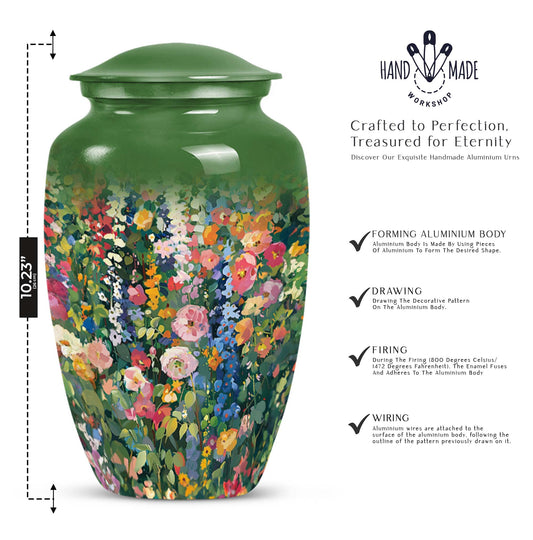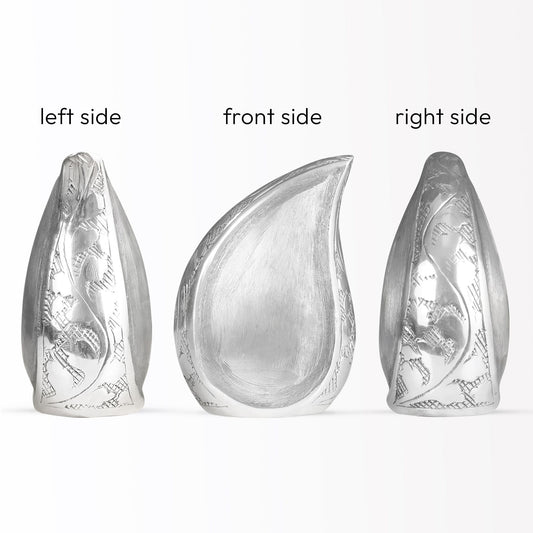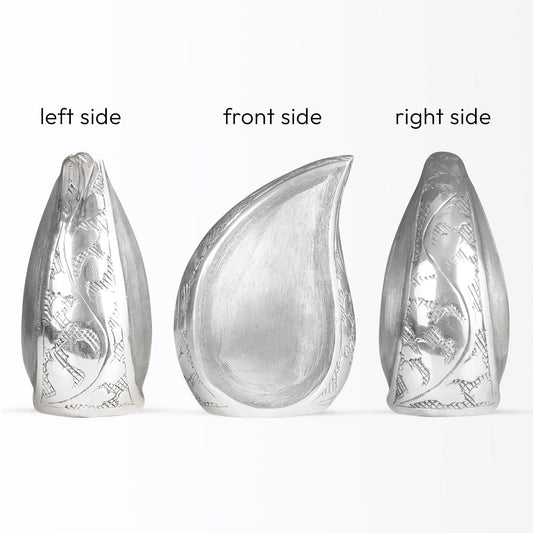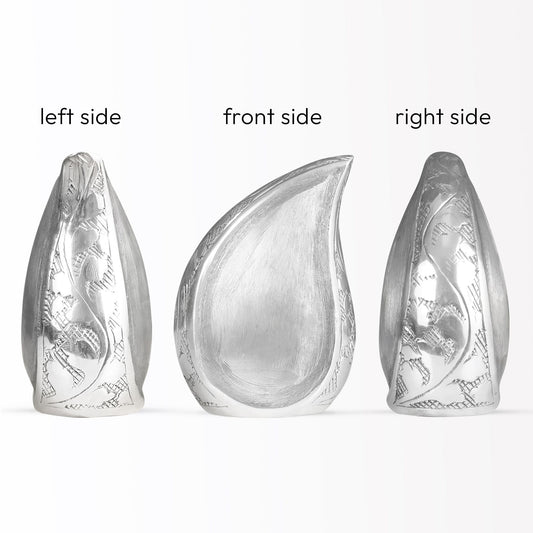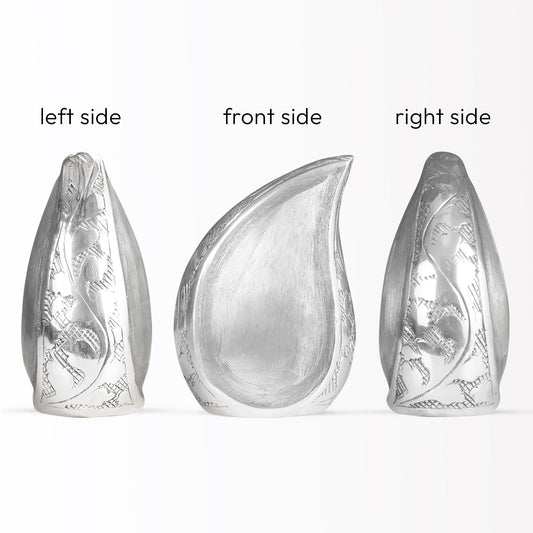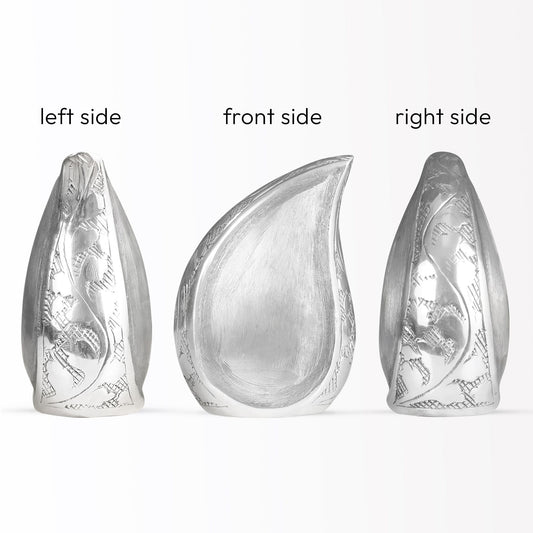Popular Urns
How To Deal With Idea Of Death and Grief?

Dealing with Death:
Death of a loved one, no doubt, has to be the most hurtful experience that any human could face in life- and may bring the most overpowering and uncontrollable emotions. No doubt, grief will culminate in a combination of feelings ranging from sadness, anger, confusion, guilt, and numbness. Sure enough, this is all very understandable and compassionate emotions, but healing in itself is acceptance, patience, and the will. Coping with death was in no way forgetting but actually finding ways to carry the love and memories dearest to us.
It is very personal hence, and everybody grieves in different ways; some people come out over it while others prefer isolation secretly. In general, people seem to set timelines for society's grieved people. However, everyone grieves in their time, and hence, peace cannot be seen when one feels that it is this journey of solo recovery but at the expense of self.
Sometimes, the ache of loss can feel like a nothingness, and life becomes meaningless. Small acts of care are really what help in such moments. Life can become connected once more through supportive relationships, creative means, or even moments of stillness to rebuild a sense of normalcy. And knowing that grief itself changes - from raw, sharp agony to softer, more reflective sorrow - can be a reason for hope and perspective.
To help those facing loss, here are five ways to achieve mental peace:
1. Acknowledge and Accept Your Feelings:Suppressing grief can lead to emotional exhaustion and prolong the healing process. Allow yourself to feel the full spectrum of emotions without guilt or shame. Journaling, speaking to a trusted friend, or even talking aloud to the departed can help externalize and process these feelings.
2. Seek Support: This may help overcome loneliness feelings; people who can also understand your pain are likely even more comforting and validating. If the emotions become complicated, professional counseling may be in order to help with them as well.

3. Create a Grieving Ritual:
Honor their memory by giving oneself a feeling of connection and a sense of continuity. Candlelight, writing a letter, planting a tree, or some reflection time on all the special memories can turn it into an opportunity to offer thanks for moments that are shared together.
4. Mindfulness and Meditation:
Meditation and mindfulness can anchor your emotions in the present. The techniques may include focusing on the breath, observing nature, or doing gentle yoga that releases anxiety and inner peace in the midst of emotional storms.
5. Meaning Through Action:

Channeling grief into meaningful activities will bring healing. Volunteer for a cause your loved one supported, create art, or contribute to a community project. Engaging with life in their memory can be a sense of purpose and may help turn loss into a legacy.
Grief is a voice of love too. Healing is not about letting go but learning to live with loss. Intentional action can nourish emotional health while honoring that grief and finding occasional peace and resilience.
ALSO READ:















